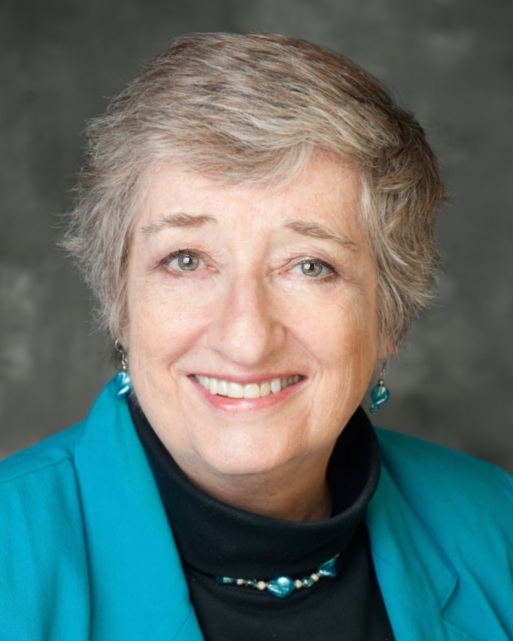Receive updates from the Harry T. Burleigh Society, as well as video recordings from our past performances.
Dr. Jean Snyder,
Burleigh Biographer

Tell us about your training as a historian.
As an English teacher and a lover of literature, and as a singer and a lover of music, I have always been interested in the history of literature and music. Reading African and African American literature piqued my interest in African and African American history. As an ethnomusicologist, I learned the importance of studying how music functions in people’s lives. Studying Harry T.Burleigh’s life and music has taught me the critical importance of understanding and portraying the historical and social context of his life. Now I’m hooked—there is always more to learn!
How did you discover Burleigh as a subject you wanted to research and write about?
When a friend in Kenya told me, "I need some spirituals; I don't care what they are, just as long as they are arranged by H. T. Burleigh," I didn't realize I'd been listening to recordings of his spiritual arrangements by Marian Anderson and Paul Robeson for years. When I wrote my first graduate seminar paper on Burleigh's life and music, I was astounded to discover the depth and breadth of his contribution to the music of America and the world, and I realized that much of his story hadn’t been told. With the help of Burleigh’s family and the endlessly fascinating search in many primary sources, I have been privileged to help make that story more complete.
What were the most challenging aspects of your project on Burleigh? Were you able to overcome them?
I soon discovered that the "usual sources" would not take me very far; there were primary sources that had not been tapped by previous writers on Burleigh's life. For example, the time-consuming search in microfilms of black newspapers in Erie, PA (before there were online databases) yielded priceless information. Additionally, there were many errors and contradictions in published accounts of Burleigh’s life. I needed to learn the truth if at all possible, however long that might take. In some ways, not being on the "publish or perish" tenure track allowed me to take the years of research that were required to do Burleigh's story justice. It has been a deeply enriching journey.
What are you curious about these days? What’s attracting your research attention?
While the search for more information and insight into Burleigh’s life and music continues, I’m also looking at the lives of some of Burleigh’s contemporaries whose stories need to be told. There is so much to learn about these African American musicians and their seminal contributions to the music and the musical theater of America: "The half has never yet been told!”
Dr. Jean Snyder is the author of
